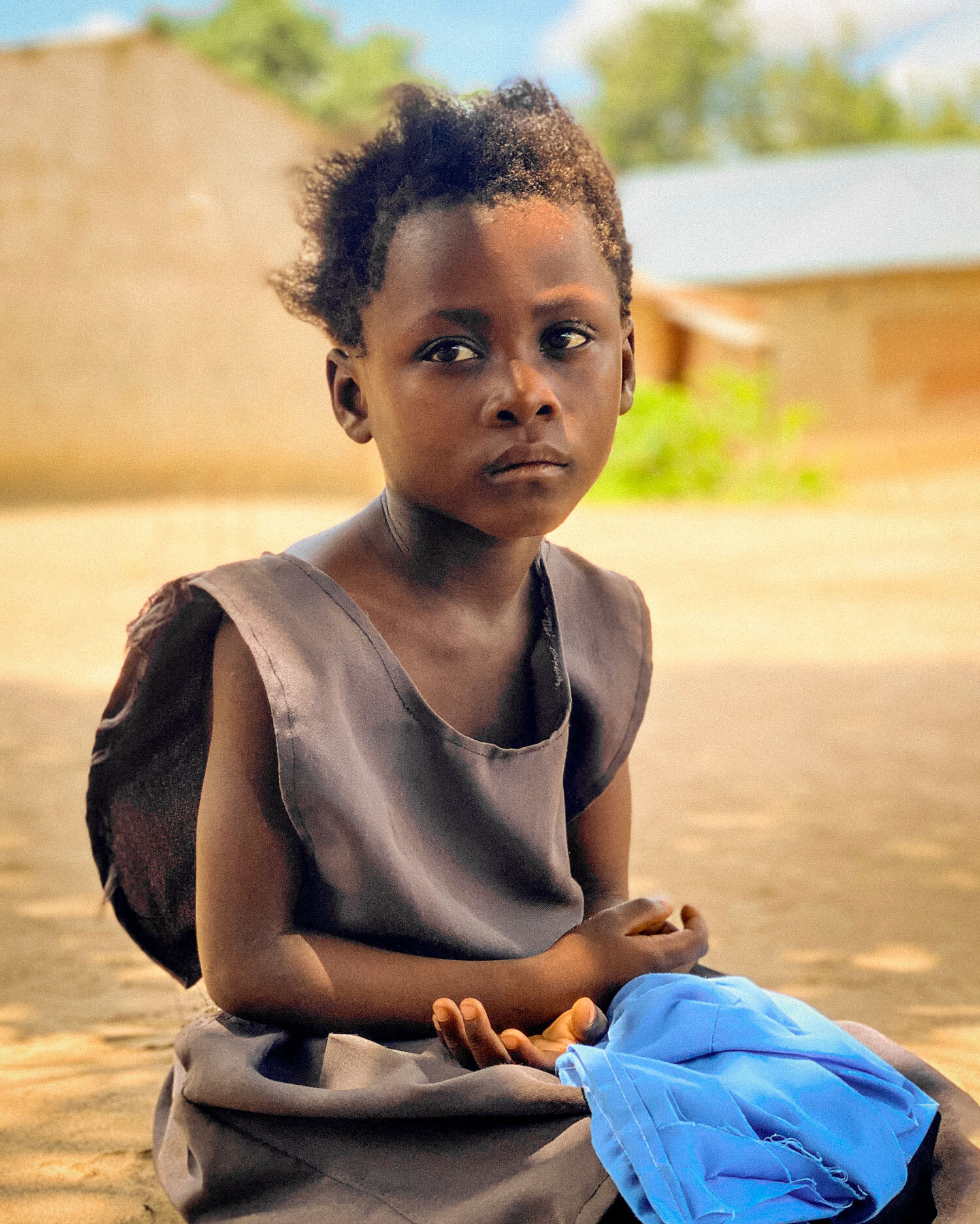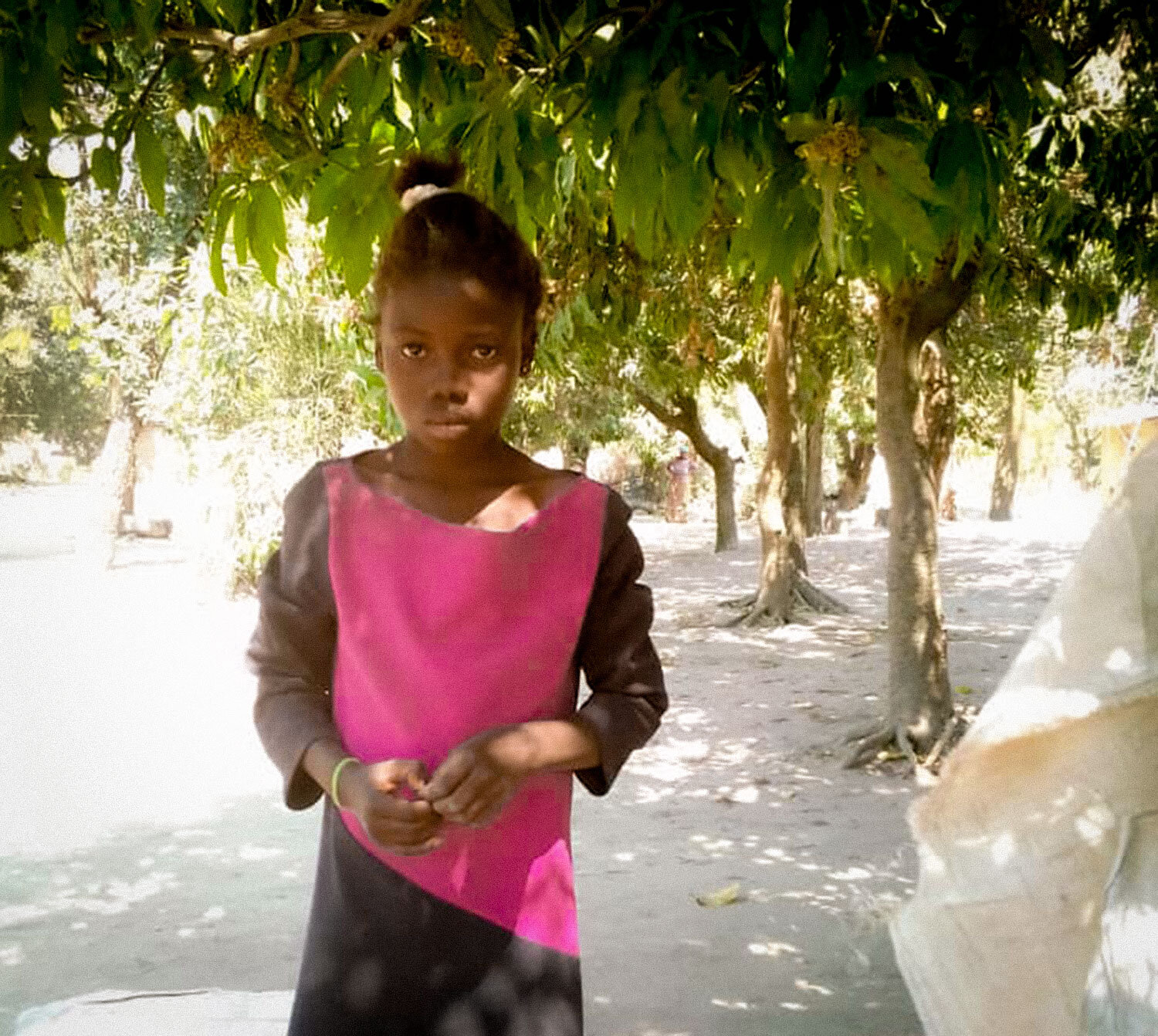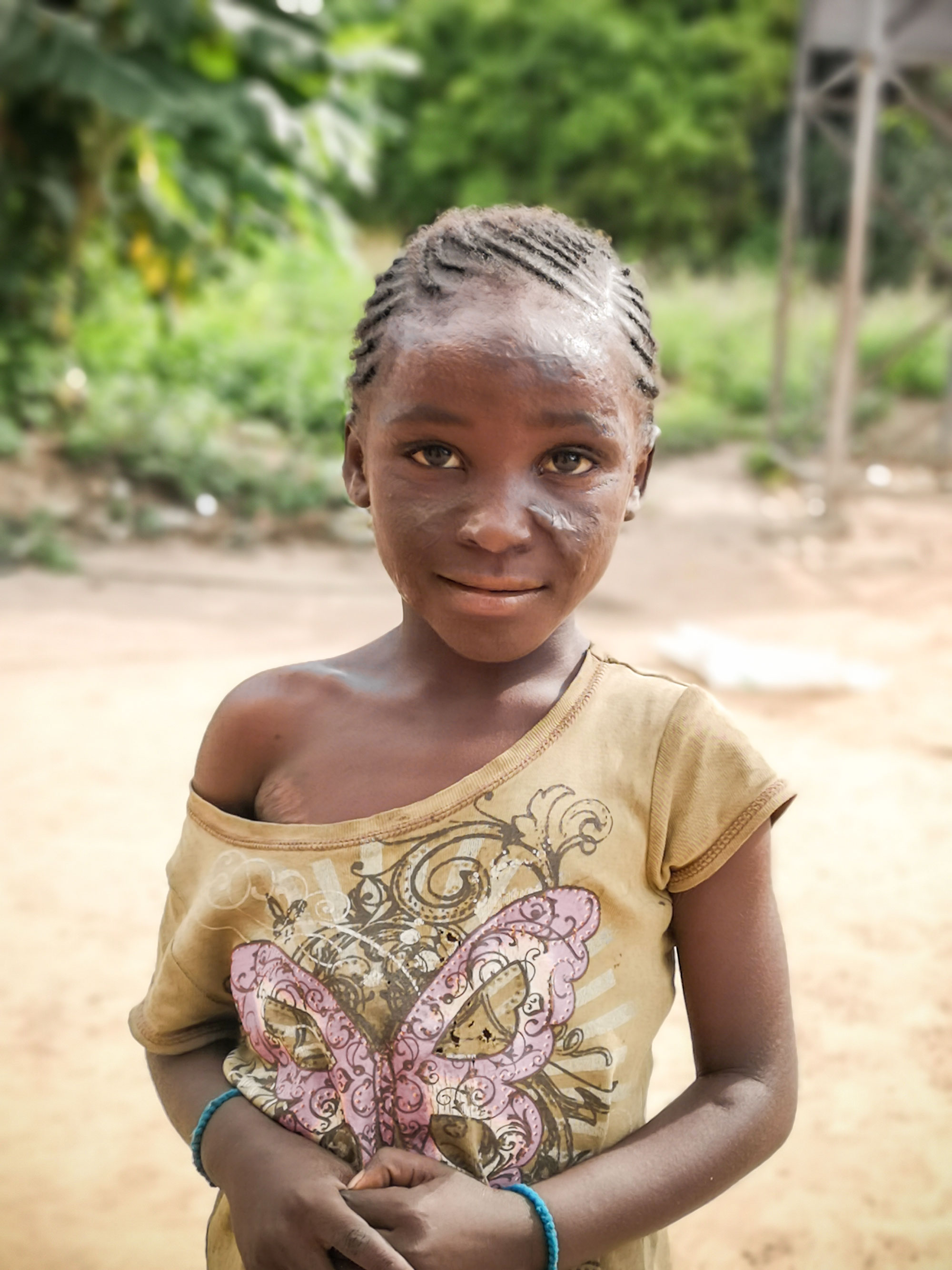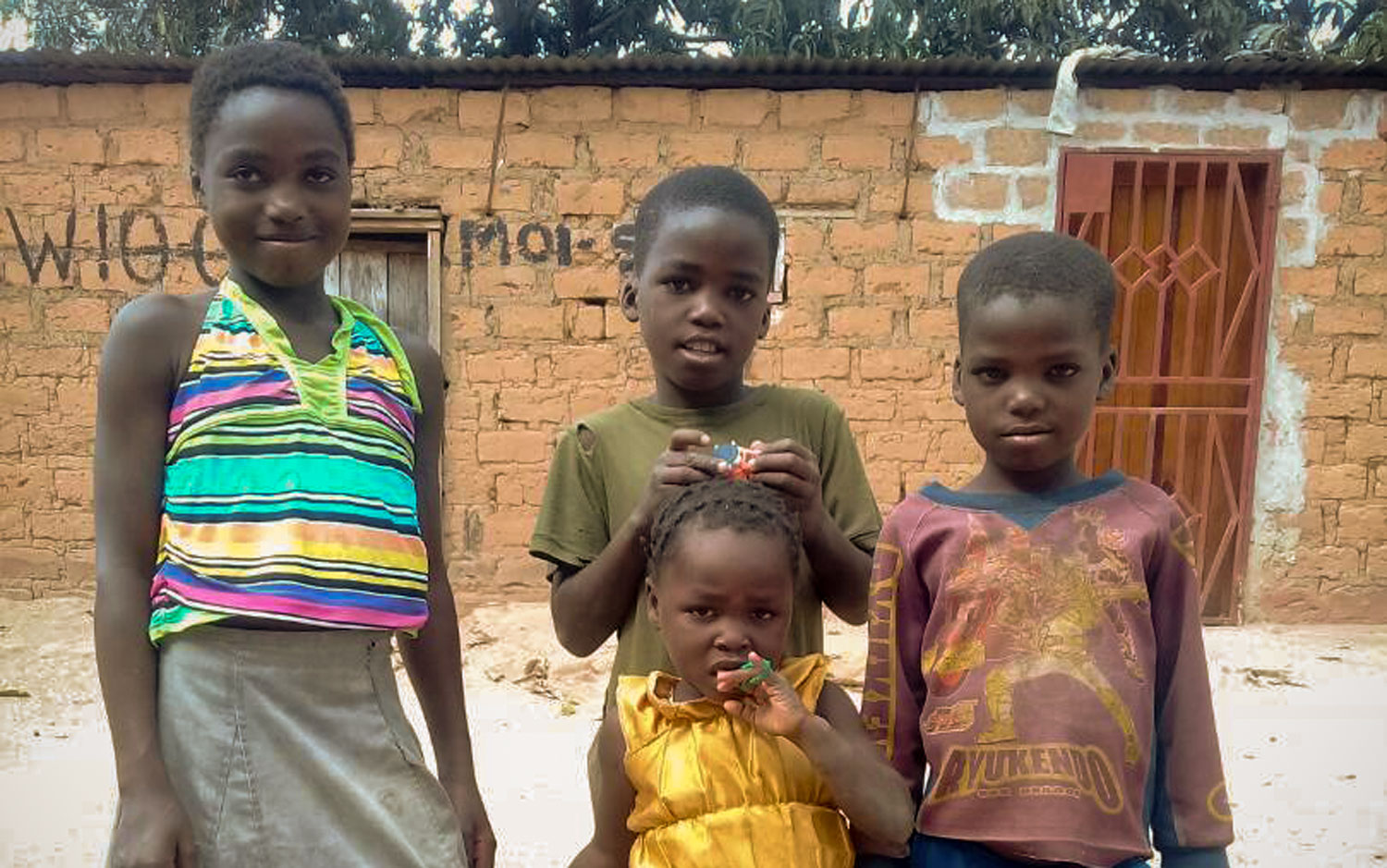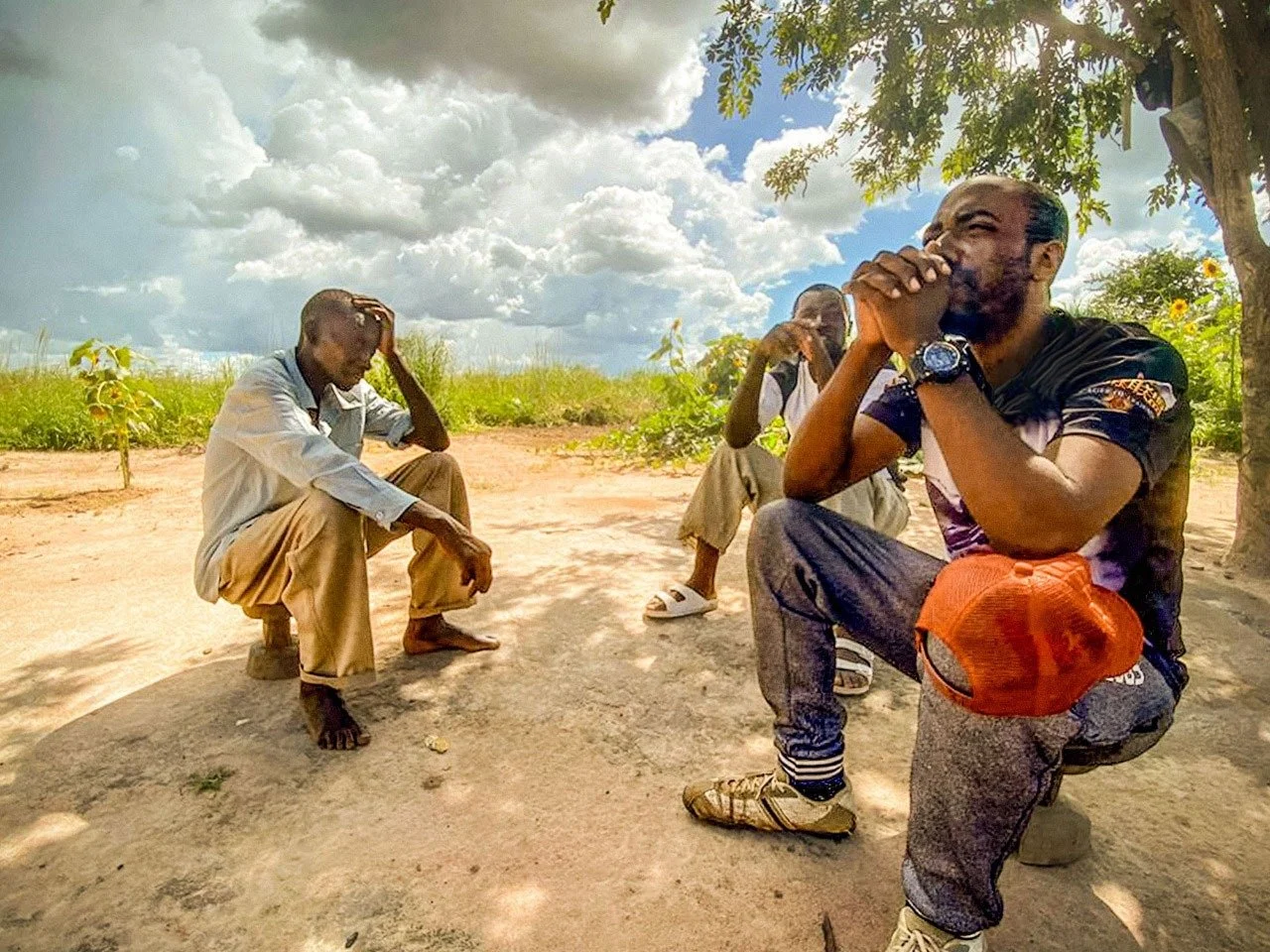The Story of Kamakonde Community
Kamakonde is a peri-urban community with high rates of early marriage, prostitution, alcohol abuse and unemployment, leading people to participate in illegal activities in order to make money. In Kamakonde, many houses are made with mud bricks and so the rainy season poses many challenges as houses can leak or, in severe cases, collapse due to the heavy rains. Within Kamakonde, there is limited access to clean drinking water, forcing people to get water from unclean sources leading to high rates of waterborne diseases like typhoid and malaria. In order to provide for their families, many people sell charcoal, vegetables or alcohol. If those opportunities are unavailable, people are required to travel to nearby towns in search of work, leaving their families behind.
115 Children currently supported
7 Care Workers Coordinated by Clara
Basic Services Started in 2008
5 km from the kitwe Local Office
One of the other challenges in Kamakonde is the high cost of schooling. When a local woman named Tendai recognised the need for children to receive an education, she decided to start a community school for children who couldn’t afford to go otherwise. When Hands at Work heard about the situation in Kamakonde, volunteers started walking in the community and connecting with families and church leaders.
Hands at Work connected with Tendai and heard the vision behind the school that she had started. In 2008, the Community School in Kamakonde partnered with Hands at Work and became the Dorcus Community Based Organisation (CBO). Since we began partnering with the Dorcus CBO, the local Hands at Work team in Kitwe, with support from the Zambian Regional Support Team (RST), have been helping the Dorcus CBO transition from not just being a school but also a Life Centre.
In 2016, the Zambia RST and the Kitwe team spent a significant amount of time in Kamakonde to ensure that they understood the vulnerability of the children and the resources that were available to use. There was a three-day gathering in the community attended by church leaders and their wives. The Zambia RST connected with Pastor Joseph, who is from a Pentecostal church in Kamakonde, and since then have been walking with him in the community, doing Holy Home Visits and building a strong relationship as he coordinates the Dorcus CBO.
A challenge that the Kitwe team is helping the Care Workers with is the need for consistent leadership for the Dorcus CBO. It is difficult for Pastor Joseph, the current coordinator, to lead the Dorcus CBO while caring for his church and providing for his family. The Kitwe team are committed to spending time with the other Care Workers and building into their capacity and understanding of what it means to care holistically for over 100 of the most vulnerable children. Members of the Kitwe team continue to work hard to encourage the Care Workers to engage in Relationship Groups. It is important for them to share with one another the issues that they are dealing with, which often are not too different from those of the children they care for.
The local Hands at Work team in Kitwe currently supports seven Community Based Organisations, which exist to care for the most vulnerable in their communities. The office provides training, networking, and encouragement to Community Based Organisations like the one in Kamakonde. It also gives administrative support, including helping with funding proposals, monitoring and evaluation, bookkeeping and reporting to donors.
BE INSPIRED BY UPDATES FROM KAMAKONDE COMMUNITY
